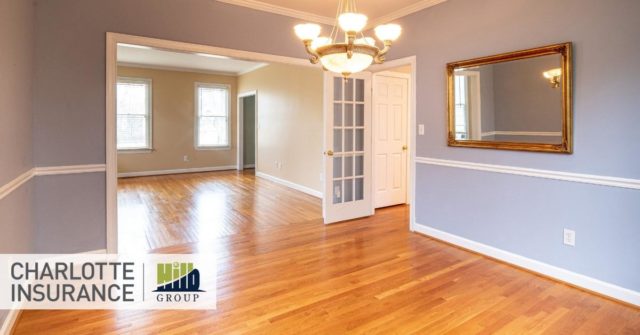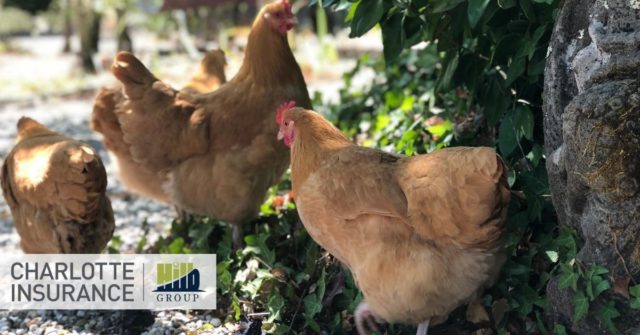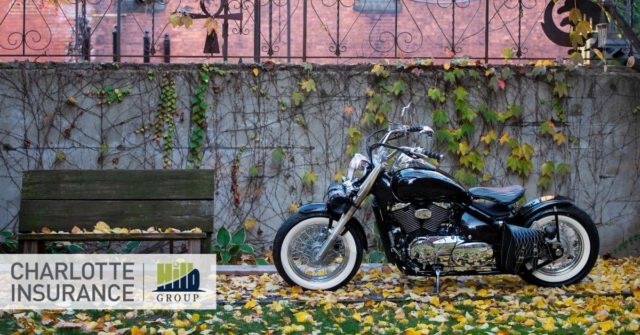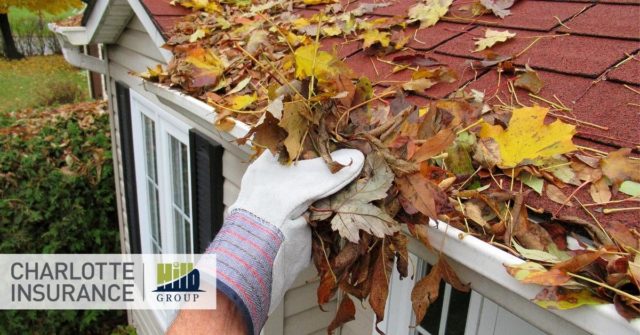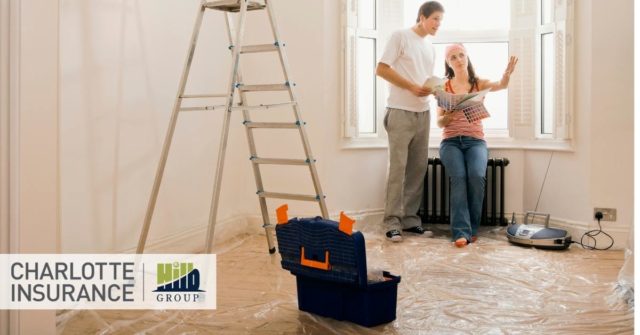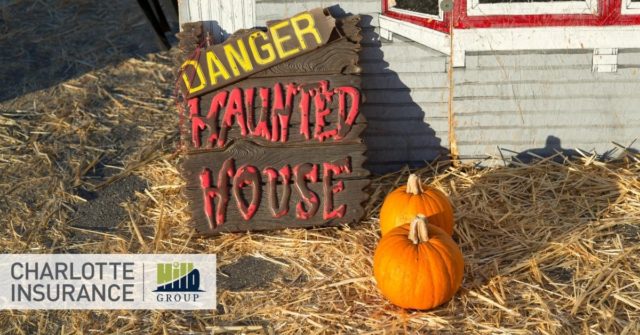There are so many reasons why your home may sit empty for a bit. If you expect your existing North Carolina homeowners insurance to cover you, you may be in for a nasty surprise when things go wrong.
It’s possible you need vacant home insurance instead. Not sure what that is or if you need it? Here’s what you need to know.
What is a Vacant Home and Why Does It Matter?
A home is typically considered vacant (by an insurance company) when it sits empty for anywhere from 30 to 60 days or longer.
Vacant homes are subject to increased risk of theft and vandalism as well as uncontrolled damage. When no one is home, would-be thieves see it as an easy target. Also, when no one is home, there’s no one to turn off the water when a pipe leaks or to notice a problem with the roof. Either way, damage tends to be greater when a home sits empty.
Will Homeowners Insurance Cover a Vacant Home?
A standard homeowners policy may cover claims that occur during a short-term vacancy such as going on vacation for a week or two or being in the hospital for a few days. But once a home sits empty for 30 to 60 days (depending on your policy), it may not fully cover you.
It’s important to understand how long your home can be vacant to receive full coverage. Before you go out of town or know your home will be empty for a while, contact your independent insurance agent to find out how your homeowners policy works.
Once your home is considered “vacant,” you need vacant home insurance.
What is Vacant Home Insurance?
Vacant home coverage can be purchased as a separate policy or an add-on endorsement to your current home insurance. Depending on the type of coverage you choose, it will cover fire, theft, explosions, lightning, wind, and hail, as well as liability coverage.
Every insurance company offers slightly different policies but many offer coverage for three, six, or 12 months at a time. This is great for planned vacancies because you can choose the length of coverage you think you’ll need.
Who Needs Vacant Home Insurance?
There are a lot of situations where you might need a vacant home policy. Consider these situations:
- Your home is on the market for sale but you’ve already moved out.
- Your rental property is vacant for more than 30 days at a time.
- You’re doing home renovations and live elsewhere while the work is being done.
- You’re in the hospital, assisted living facility, or medical rehab due to illness, injury, or other infirmity, and you live alone.
- Your vacation home is only occupied a few times throughout the year and sits vacant for weeks at a time.
- You’re traveling for an extended amount of time and you live alone.
- You’re an active duty military service member and live alone.
One thing to note is that some insurers only consider a property “vacant” when it’s emptied of personal property. For homes with personal property in it, you may only need an endorsement on your existing home insurance. For empty homes, you may need a standalone vacant home policy.
It’s important to talk to your insurance agent about your specific situation so you choose the right coverage. Contact us at Charlotte Insurance so we can help you insure your vacant home.

